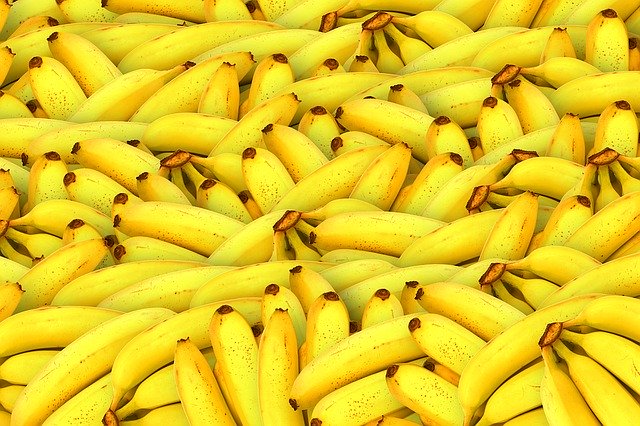Tourists returning to EU must be careful what they bring. From Monday, virtually no fruit can be imported, except: pineapples, coconuts, durians, bananas and dates. It is also forbidden to bring vegetables, seeds and flowers – explains Chief Inspectorate for Plant Protection and Seed.
The import ban is a consequence of the amended regulation of the European Parliament, which concerns the rules of importing goods from third countries into the European Union. The change in regulations is to increase phytosanitary safety of Member States.
Plants imported from outside the Community may include, for example, fungi, bacteria, viruses to which native species are not resistant. This, in turn, can cause crop losses or even destroy plants completely.
As the Inspector explains: – disease-causing organisms may be present on plants even when their symptoms cannot be seen with the naked eye.
He added that the new law also applies to the principles of official registration, health assessment and the issue of the so-called plant passports.
The new rules also apply to individuals.
As the Office of Rail Transport (UTK) explains: – all plants imported into the Union – except for selected fruits: pineapples, coconuts, durians, bananas and dates – require a phytosanitary certificate issued by the official plant protection service of the country of origin. It was added that this also applies to plants imported for personal needs.
The Chief Inspectorate for the Protection of Plants and Seed emphasizes that it will not be possible to import, for example, deciduous trees for planting, including maples, beeches, hawthorn, ash, poplar, willow and lime. You can easily transport pineapples, bananas, coconuts, durian and dates from outside the Union.
-In practice, private individuals cannot bring any fruit (except the 5 species listed above), vegetables, seeds for sowing or flowers for their own needs after December 14. Whereas importers importing plant goods in connection with their business activity (trade, processing, agricultural or horticultural production) must meet certain obligations – added the Inspectorate.







